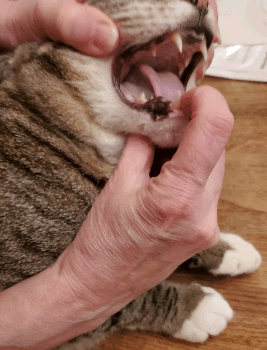can cats survive mouth cancer
If it is determined that a cat is dehydrated a veterinarian can teach the owner how to administer fluids subcutaneously at home. Lachowicz explains These are very difficult to treat unless detected and removed early so oral care by a vet is highly important.

Oral Squamous Cell Carcinoma In Cats An Overview Vet In Aurora The Animal Dental Clinic
Treatments of the disease then begin after the cancer has reached its most aggressive stage and only cats that have undergone surgery have the longest survival rate.
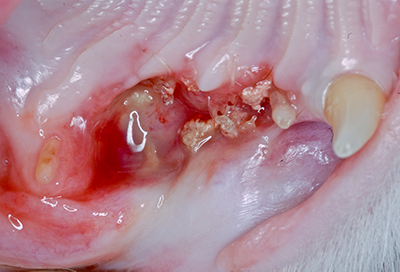
. What I think is really important if your. The cancer can even spread after the primary. Many cats affected by oral squamous cell carcinoma look like they have an enlarged jaw because the growth of the tumor in the mandible can make the cats mouth look asymmetrical.
In contrast to the situation in dogs oral SCC in cats is a highly aggressive disease that responds poorly to surgical treatment or to radiation therapy regardless of its location in the mouth. The prognosis for cats with oral squamous cell carcinoma is poor because of a lack of viable treatment options. A cat with gastric lymphoma can be expected to survive an average of six months with chemotherapy although a cat that initially responds favorably to chemotherapy can be expected to survive for over a year on average.
Cats that are afflicted with gingival fibrosarcomas are on average seven and a half years old but these tumors have been seen in cats from the age of six months to fifteen years. While you can pursue treatment with the assistance of your veterinarian it may not be advisable. A cats mouth similar to our own is made up of several different cell types.
Carcinoma is by definition an especially malignant and persistent form of cancer often returning after is has been excised from the body and metastasizing to other organs and locations on the body. According to North Carolina State University cats with oral squamous cell carcinoma survive an average of two to four months with treatments such as surgical removal radiation therapy and chemotherapy. In our case the only vet clinic that offers radiation therapy for this type of cancer is 6 hours drive away and was required 3x week.
A squamous cell carcinoma on the tongue is usually located. Less than 10 of cats with oral squamous cell carcinoma survive to one year. Radiation therapy can help with bone cancer and the pain from it but unfortunately it is not always an option.
Lundberg a veterinarian who sees patients through the Cancer Care Clinic at the Veterinary Teaching Hospital in Urbana. Use a washcloth for example to gently. The prognosis with surgery chemotherapy or radiation therapy is similar.
Owners may notice a mass in the cats mouth. If the cancer is affecting their legs you will most likely notice lameness or pain and swelling in the leg. If your vet catches the cancer early and before it spreads the odds of treating it successfully are generally improved.
They are certainly signs that mean you need to visit the vet. Bone Cancer in Cats. Cats can be afflicted with several types of squamous cell carcinoma tumors including in the mouth.
The longest control and survival rates have been obtained using a combination of radiation therapy and mitoxantrone chemotherapy. However these can be signs of many other illnesses as well. Bone Cancer in Cats.
But this awful tumor invades the mouth preventing the cat from eating. Recovery of Tongue Cancer in Cats Prognosis for recovery from tongue cancer in cats is dependent on how soon the condition is diagnosed. Pet owners who choose not to treat their cats mouth cancer should expect their cat to live approximately three months.
Dogs can also develop oral cancer but it tends to be much less aggressive and more treatable than it is in cats she says. Signs of oral cancer Cats are notoriously covert about showing symptoms. The prognosis for a cat with stomach cancer depends on the type of cancer and how advanced the cancer is at the time of diagnosis.
Treatment and Acceptance Tragically just like in humans there is no known cure for cancer in cats. About 2-4 months with less than 10 of cats surviving to one-year post-diagnosis. Gender appears to play some role with male cats being seen for gingival.
If the cancer is affecting the jaw you might notice they are having trouble opening their mouth and eating or lots of saliva in their mouth. The most common location for a fibrosarcoma of the the mouth is in the gums gingiva. Sometimes a very sick cat will stop grooming itself she says so the owner will have to take responsibility for that.
We obviously dont want the cat to starve to death so humane euthanasia is eventually chosen as opposed to starvation. All of which can become cancerous eg skin cells bone cells fibrous cells. In some lucky cats the tumor grows on the bottom jaw which we can surgically remove yes cats can live with a partial bottom jaw.
How is it diagnosed. Cats diagnosed with oral squamous cell carcinoma typically present with large tumors or advanced disease and therefore live about 2 to 3 months following treatment says Dr. Depending on the type of cancer with timely treatment you might have many more years with your cat.
They can occur in various areas but they most commonly show up in the mouth says Dr. Around fifteen percent of all cats that have this type of cancer experience metastasis to the submandibular lymph nodes. If caught early and successful surgical removal of the tumor occurs a cats quality and length of life may be significantly improved.
And even then it usually only extended the life for 1-3 weeks with the type of cancer our cat had. Some tumors may grow slowly and do not typically spread called benign while others will act aggressively called malignant. Tumors that occur in the back of the mouth or underon the tongue are rarely seen until signs of drooling weight loss halitosis bad breath difficulty eating and bloody discharge from the mouth are noted.
Cats can live for many years after a cancer diagnosis. Other signs of tumours benign or cancerous affecting internal organs can include loss of appetite weight loss lethargy and weakness difficulty in breathing limping and recurrent digestive problems. Loose teeth can also be a symptom of oral cancer in the cat.
Hygiene is also important notes Dr. In many cases treatment will only prolong the life of the cat by months. An oral tumor is an abnormal growth of cells.
Bone Cancer in Cats. These tumors grow very quickly so early detection is key.

The Pet Oncologist Vet Oncologist Online Oral Cancer In Cats
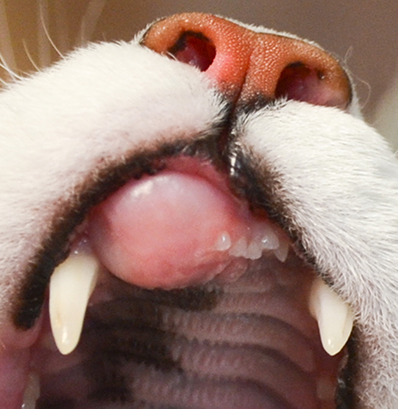
Oral Tumors In Cats An Overview Vca Animal Hospitals

Feline Oral Squamous Cell Carcinoma Bishops Stortford Vets
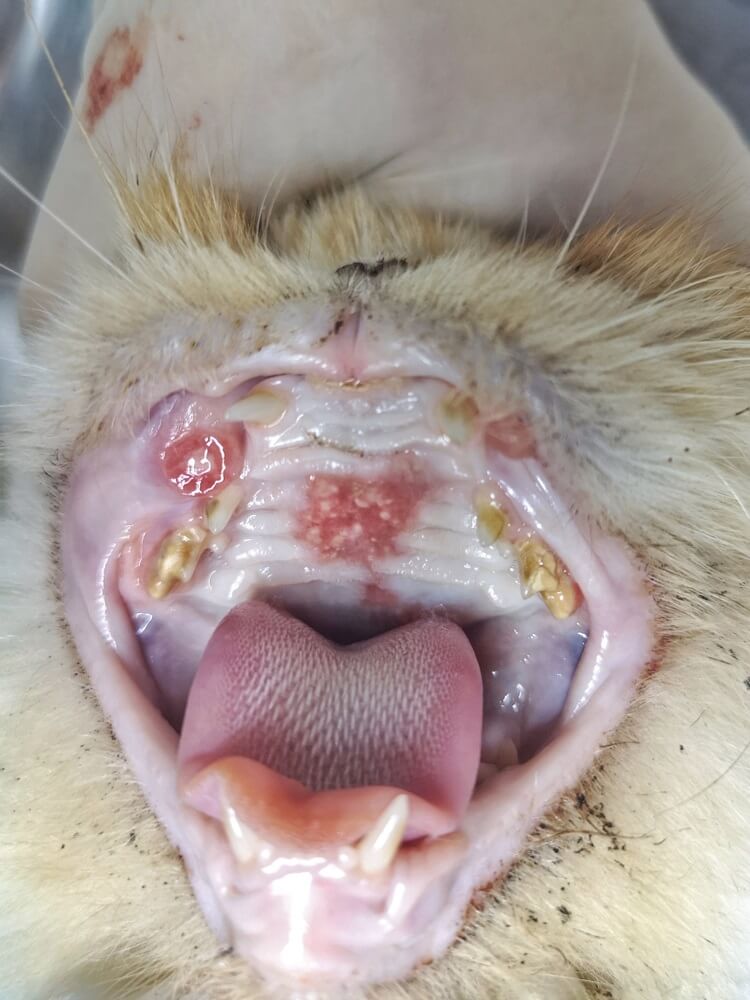
Mouth Cancer In Cats Causes Symptoms Treatment All About Cats

Pet Talk Feline Oral Cancer A Silent But Deadly Disease In Cats Oregonlive Com
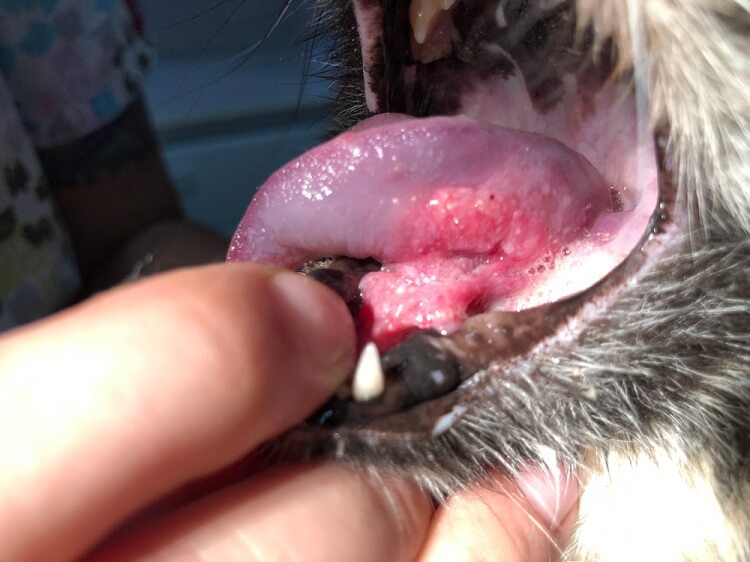
Mouth Cancer In Cats Causes Symptoms Treatment All About Cats

My Cat Has Squamous Cell Carcinoma Dr Justine Lee America S Veterinarian Dr Justine Lee
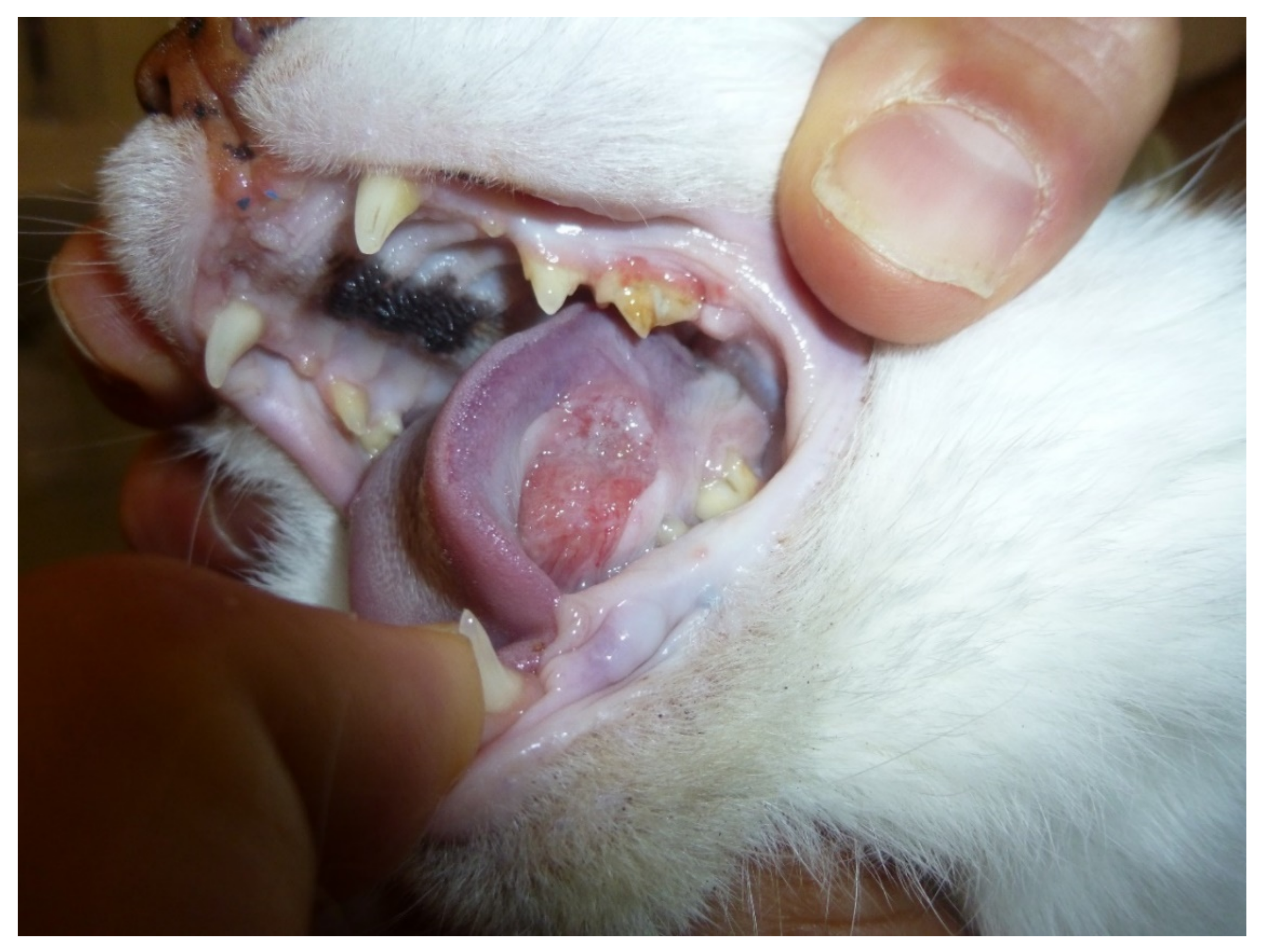
Biology Free Full Text Companion Animal Model In Translational Oncology Feline Oral Squamous Cell Carcinoma And Canine Oral Melanoma Html

A Review Of Feline Oral Squamous Cell Carcinoma
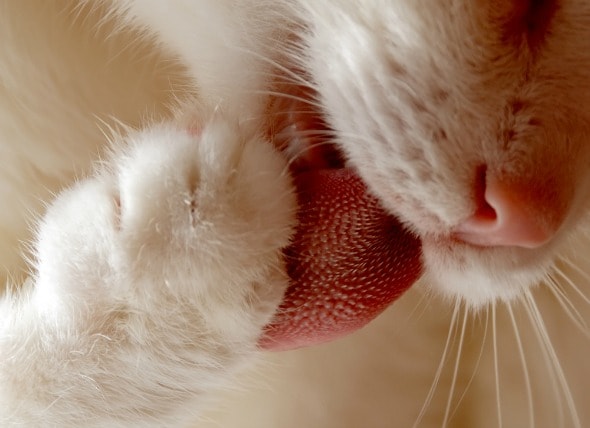
Tongue Cancer Squamous Cell Carcinoma In Cats Petmd

What Causes Oral Cancer In Cats And What Tests You Need To Know About Vlog 125 Youtube

Common Oral Tumors In Cats And Dogs Vet In Aurora The Animal Dental Clinic
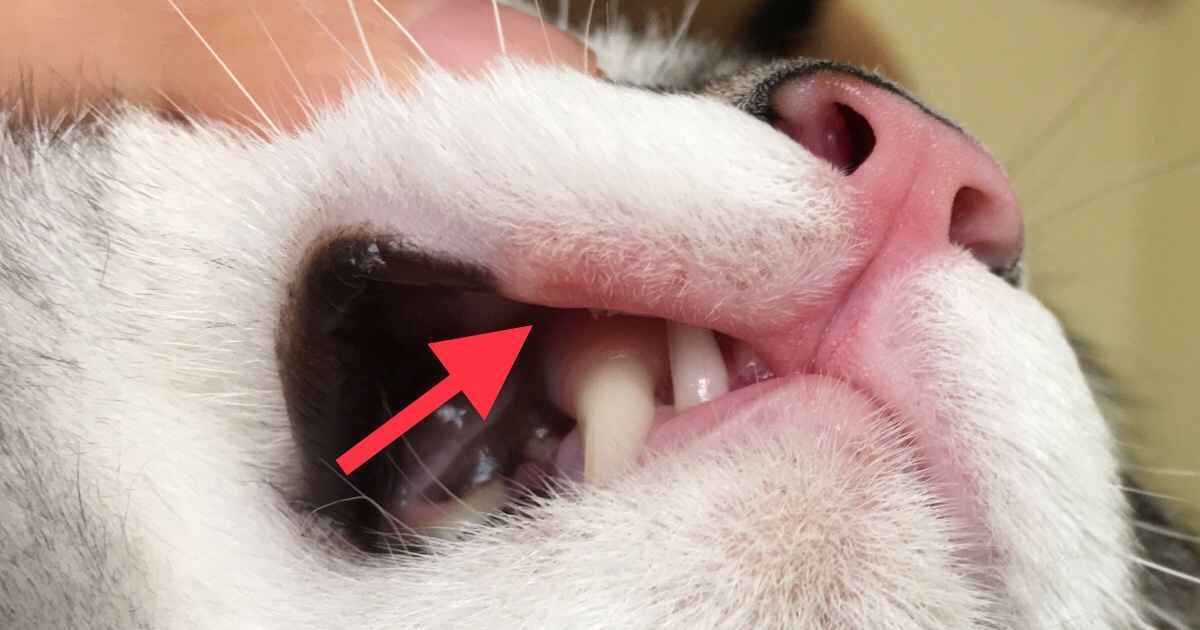
6 Causes Of Lip Sores Mouth Ulcers In Cats Walkerville Vet
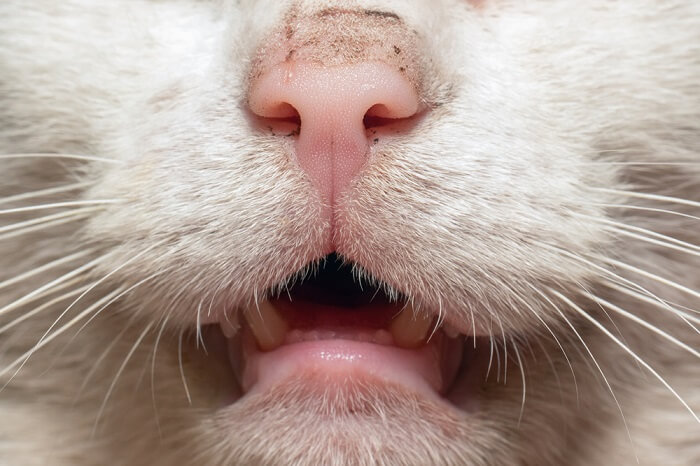
Mouth Cancer In Cats Causes Symptoms Treatment All About Cats
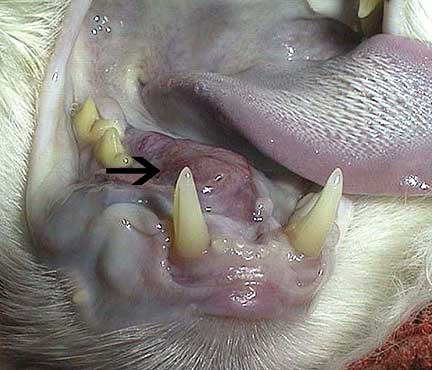
Squamous Cell Carcinoma In Pets Long Beach Animal Hospital

Mouth Cancer Gingiva Squamous Cell Carcinoma In Cats Petmd

Oral Tumors In Cats An Overview Vca Animal Hospitals

